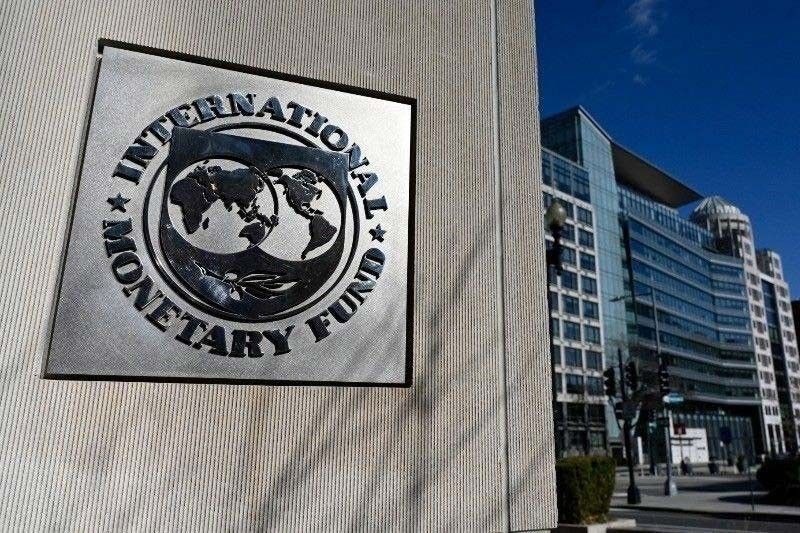IMF turns more bullish on Philippine economy

MANILA, Philippines — The International Monetary Fund (IMF) has turned more optimistic on Philippine economic prospects for this year, but sees a different scenario for 2024 as the impacts of monetary policy tightening may take their toll on the economy.
In its latest World Economic Outlook (WEO), the Washington-based multilateral lender raised its gross domestic product (GDP) growth assumption for the Philippines to 6.2 percent from the previous target of six percent.
This is a slowdown from last year’s record-high 7.6 percent expansion, and it is still at the lower end of the six to seven percent growth target set by the Cabinet-level Development Budget Coordination Committee (DBCC).
IMF resident representative to the Philippines Ragnar Gudmundsson said the outlook upgrade took into account the first quarter performance of 6.4 percent.
“We have seen that demand and growth dynamics remained strong in 2023 so we have adjusted upward our projection for 2023,” Gudmundsson said on the sidelines of the post-State of the Nation Address economic briefing yesterday.
However, for 2024, the IMF slashed its GDP growth forecast for the Philippines to 5.5 percent from 5.8 percent earlier.
“This is because of global headwinds and the lagged effects of monetary
policy tightening,” Gudmundsson said.
“We still see that the impact of tightening and possible slowdown in growth in advanced economies could affect the Philippine economy next year and this is where we think the growth may come down slightly,” he said.
IMF’s 2024 forecast is way below the 6.5 to eight percent assumption of the economic team.
During the post-SONA briefing, Gudmundsson said that Philippine inflation could slow to 5.5 percent this year before cooling to three percent by 2024.
While the headline rate is on a downtrend, the IMF official warned that core inflation remains high at 7.4 percent in June.
Thus, Gudmundsson said higher for a longer stance in the near term in terms of policy rate is just appropriate for the central bank to anchor inflation expectation and ensure that it returns to the target range.
“A tighter for longer stance is important not only for a domestic perspective but also to guard against the risk of foreign exchange rate depreciation,” he said.
Further, Gudmundsson emphasized that having a flexible exchange rate should really be the first line of defense of an economy when it is confronted by external shocks.
Such flexibility is important to facilitate an economy’s adjustment to external imbalances including a widening of the current account deficit, which tripled to an all-time high of $17.8 billion in 2022.
It should be noted that the current account consists of transactions in goods, services, primary income and secondary income. It measures the net transfer of real resources between the domestic economy and the rest of the world.
A current account deficit occurs when a country spends more on imports than it receives on exports.
“Focusing on the flexibility of the exchange rate is key. While foreign exchange intervention may be justified to avoid disorderly market conditions or to tame inflationary pressures from depreciation, this should not be used as a mechanism to prevent warranted macroeconomic adjustment,” Gudmundsson said.
For 2022, the deficit is 4.4 percent of GDP as a reflection mainly of elevated commodity prices as well as an increase in meeting pent up demand for imports.
For this year, the IMF expects the situation to normalize and ease to 2.5 percent of GDP, supported by a decline in commodity prices and opening of the Chinese economy, which would aid the country’s exchange rate.
Based on the latest IMF WEO, the balance of risks to global growth remains tilted downward, but adverse risks have receded.
IMF said downside risks include persistent inflation, financial markets re-price, underperformance of China’s recovery, increasing debt stress and geo-economic fragmentation.
- Latest
- Trending






























